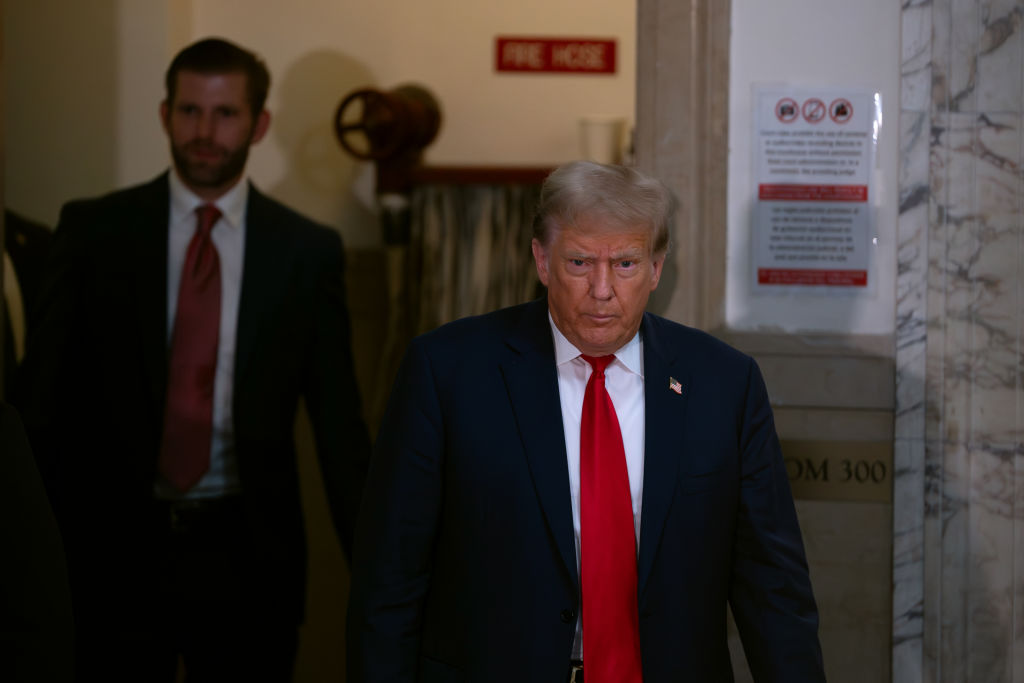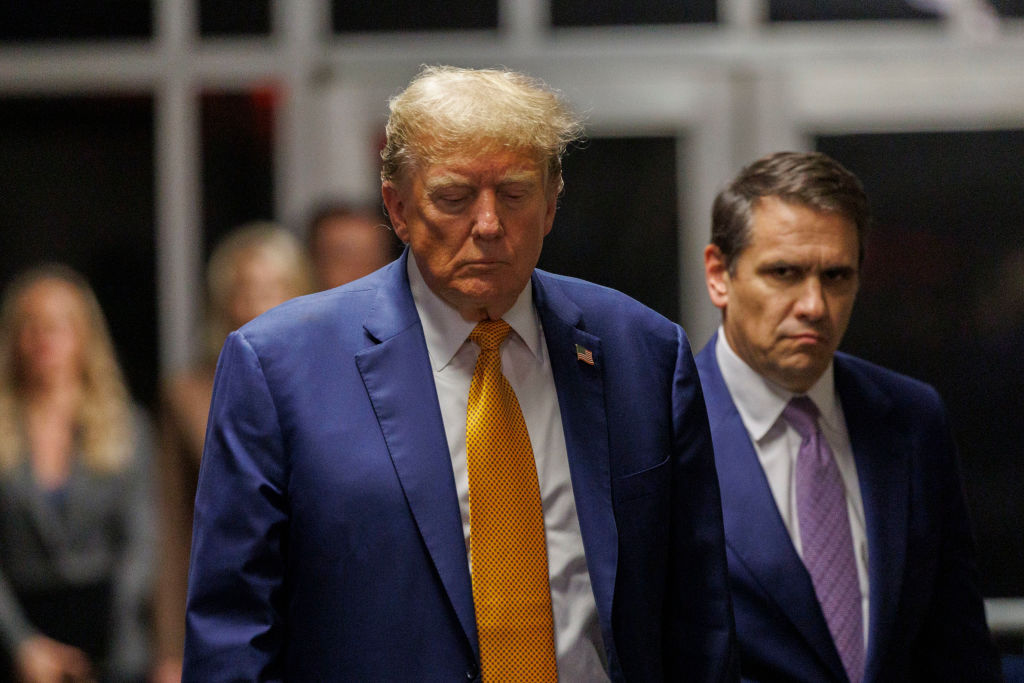Future of Flexibility? Biden's Reclassification Play Paves the Way for Major Gig Economy Shift
According to a US administration official, President Joe Biden will issue a final regulation as early as this week that would make it harder for businesses to designate people as independent contractors rather than employees, who usually cost a business more.
The U.S. Department of Labor regulation, which was initially suggested in 2022 and is expected to encounter court challenges, stipulates that when workers are "economically dependent" on an organization, they must be treated as employees, entitled to additional benefits and legal protections than contractors.

(Photo : by ANDREW CABALLERO-REYNOLDS/AFP via Getty Images)
According to a US administration official, President Joe Biden will issue a final regulation as early as this week that would make it harder for businesses to designate people as independent contractors rather than employees, who usually cost a business more.
The law, which goes into effect later this year, will probably have an influence on a variety of businesses, but app-based services that mainly rely on contract labor have drawn the most attention because of its possible effects. When the draft regulation was announced in October 2022, the stocks of DoorDash (DASH.O), Lyft Inc. (LYFT.O), and Uber Technologies Inc. (UBER.N) all fell by at least 10%.
Uber had a 2.2% increase on Monday, DoorDash saw a 3.9% increase, and Lyft saw a 3.6% increase.
In a joint statement, House Democratic Leader Hakeem Jeffries and Senate Majority Leader Chuck Schumer endorsed the arrangement. They stressed that the deal safeguards President Biden and Congressional Democrats' legislative accomplishments in addition to making it easier for hardworking American people to keep their assets.
Schumer and Jeffries reaffirmed their determination to prevent any of the twelve appropriations bills that Congress has been handed with revisions to the poison pill policy. Speaker Mike Johnson has received a clear warning from Democrats that they would not support any legislation that jeopardizes the integrity or objectives of the legislative process.
A worker's "opportunity for profit or loss, investment, permanency, the degree of control by the employer over the worker, (and) whether the work is an integral part of the employer's business" are among the considerations the Labor Department stated it would take into account in the proposed regulation.
Read also: Wall Street Slump Sparks Rush for Stability After 2023 Boom
Leaders Affirm Commitment to Fiscal Priorities
The new rule supersedes a guideline from the Trump administration that allowed employees to be classed as contractors even if they own their own businesses or are capable of working for rival enterprises, like a driver for Uber and Lyft.
Legal experts have predicted that litigation against the new rule would likely center on the department's dramatic departure from the Trump-era regulation. Under federal law, agencies must provide a sufficient justification for their decision to remove and replace current regulations.
While worker advocates have argued that a stricter criterion was required to address the widespread misclassification of workers in particular industries, the Biden administration has claimed that the Trump-era regulation violated U.S. wage standards and was inconsistent with decades of federal court rulings.
In a report published last year, the left-leaning Economic Policy Institute estimated that truck drivers who are treated as contractors can make up to $18,000 less annually than those who are treated as employees, while home health aides can lose out on up to $9,500 in pay and benefits and construction workers can see a nearly $17,000 drop in pay.
Following the proposal of the draft regulation, business organizations immediately attacked it. Any policy change is anticipated to result in higher labor costs across a wide range of industries, including manufacturing, retail, and trucking.
The majority of state and federal labor rules, which include minimum wage and overtime compensation requirements, only apply to employees of the firm, who, according to research, can cost them up to 30% more than independent contractors.
More than 64 million Americans, or about 40% of all workers, completed some freelance work in the previous year, according to a poll conducted in December by the freelance marketplace Upwork.
Related article: Fab Four: These Undervalued Gems Could Be the 2024 Market Leaders












